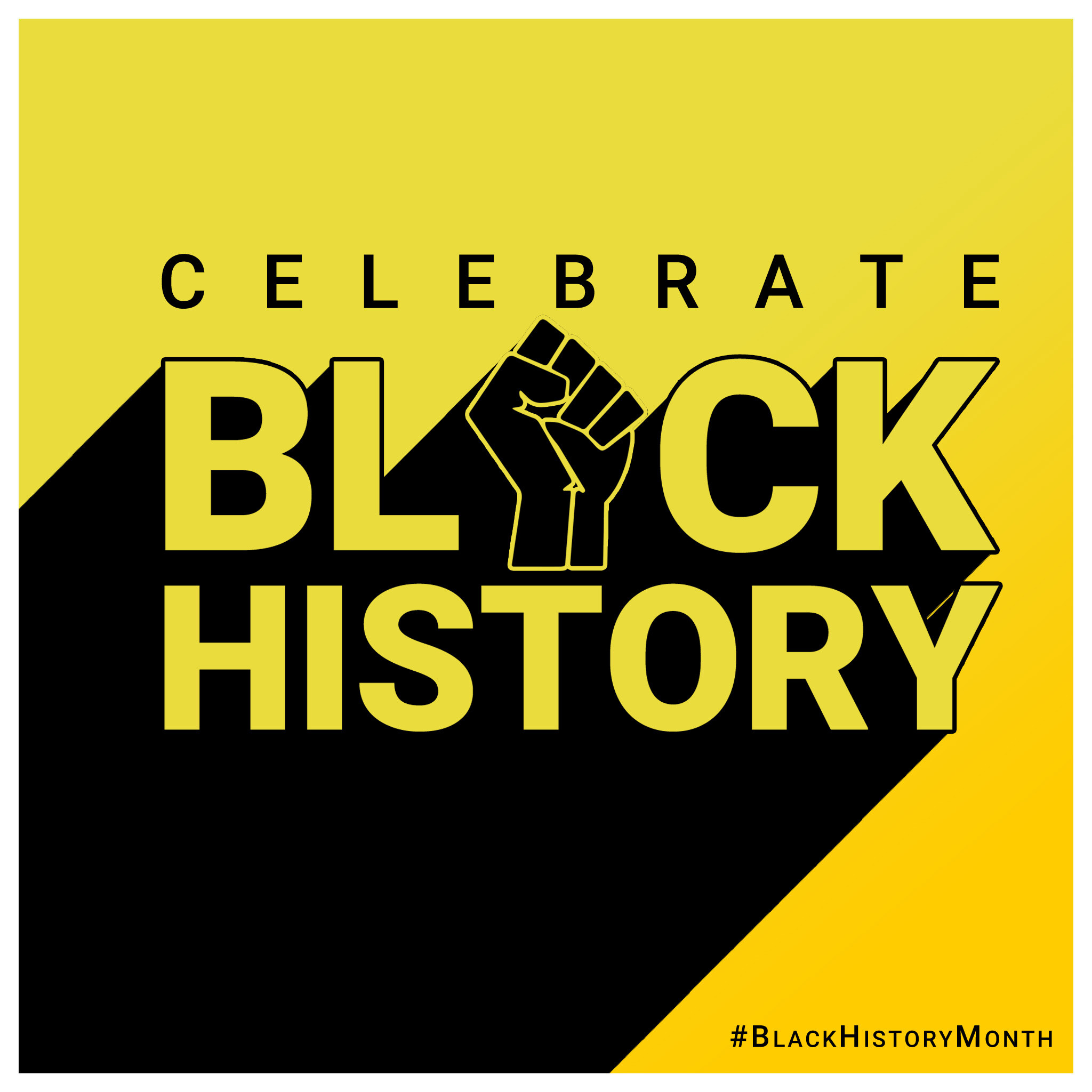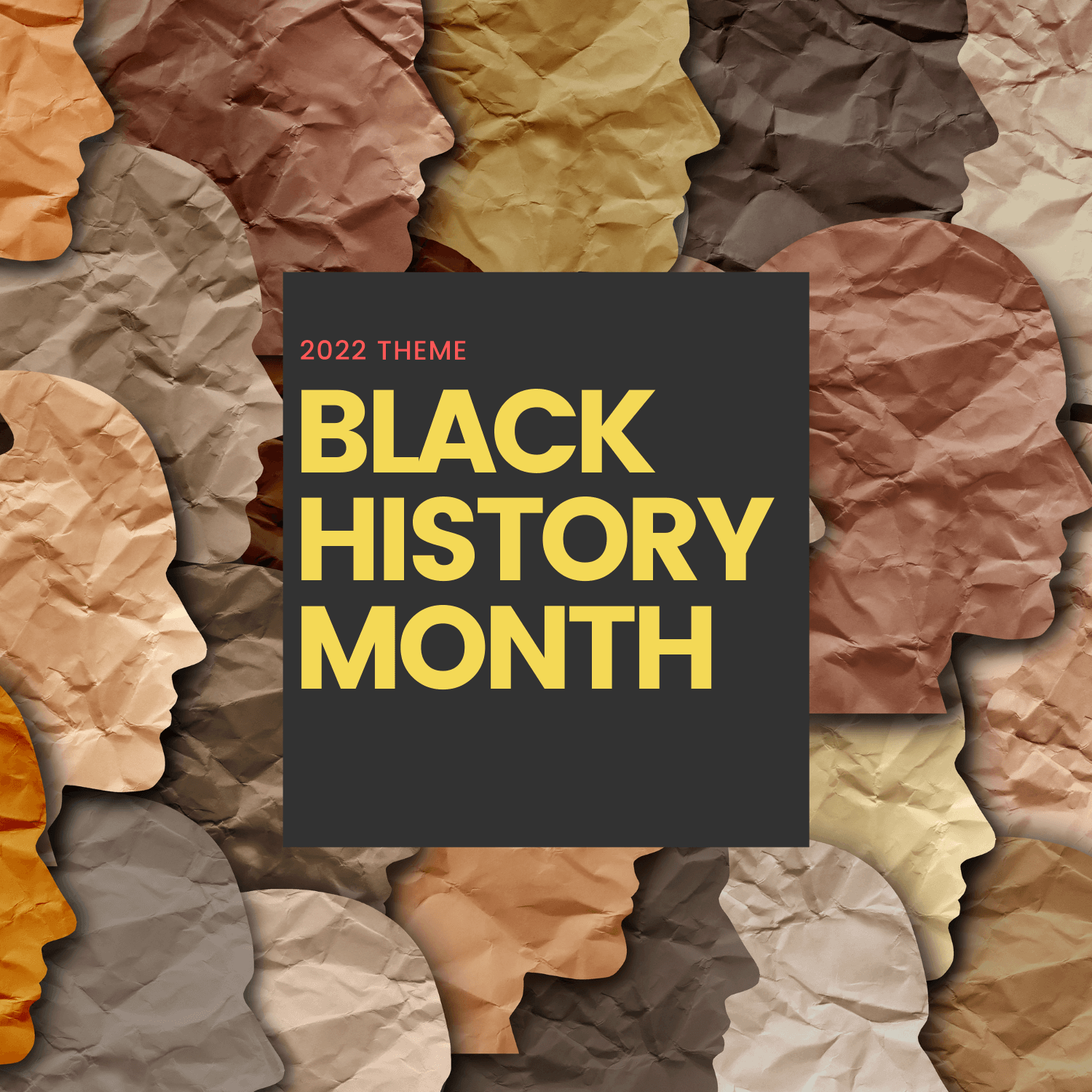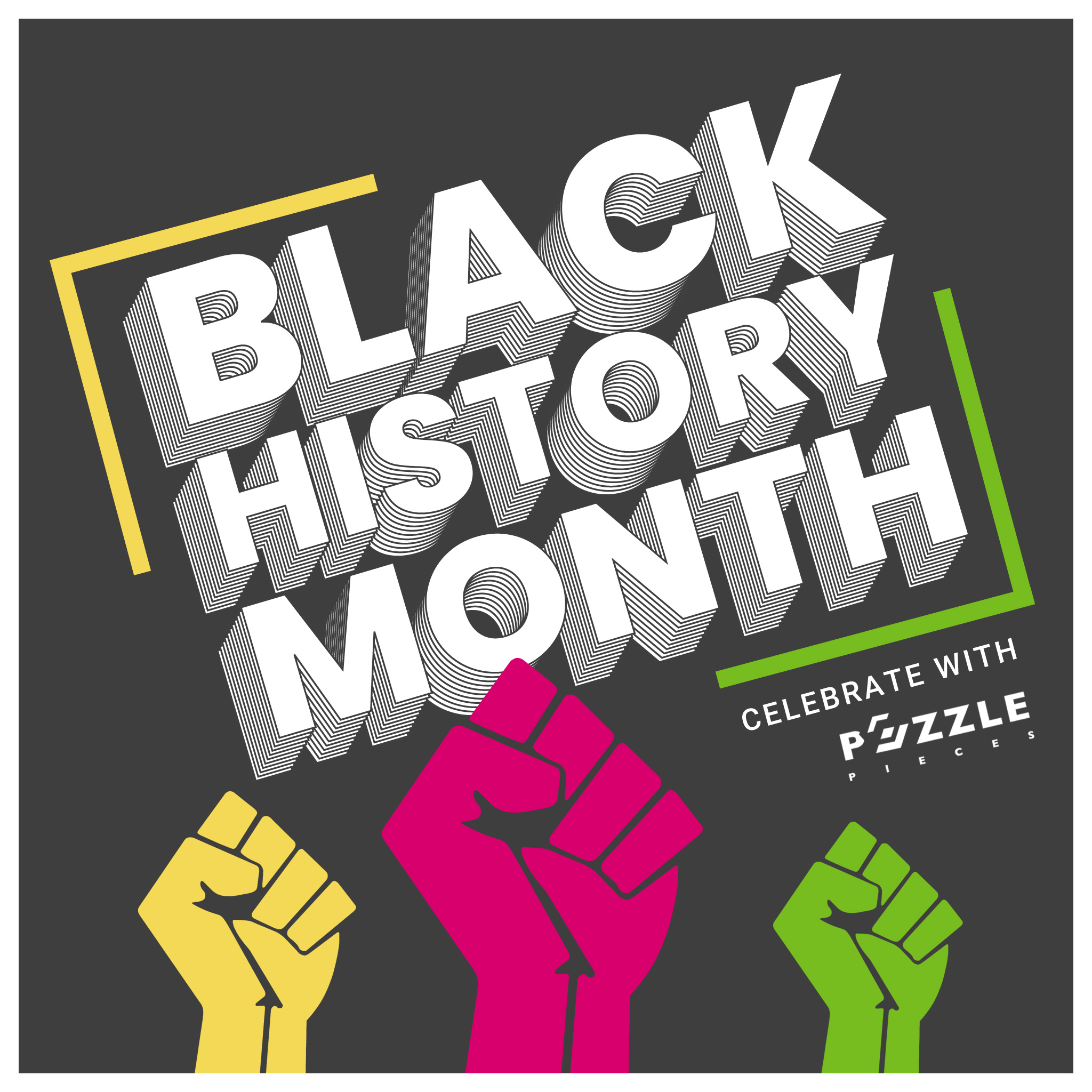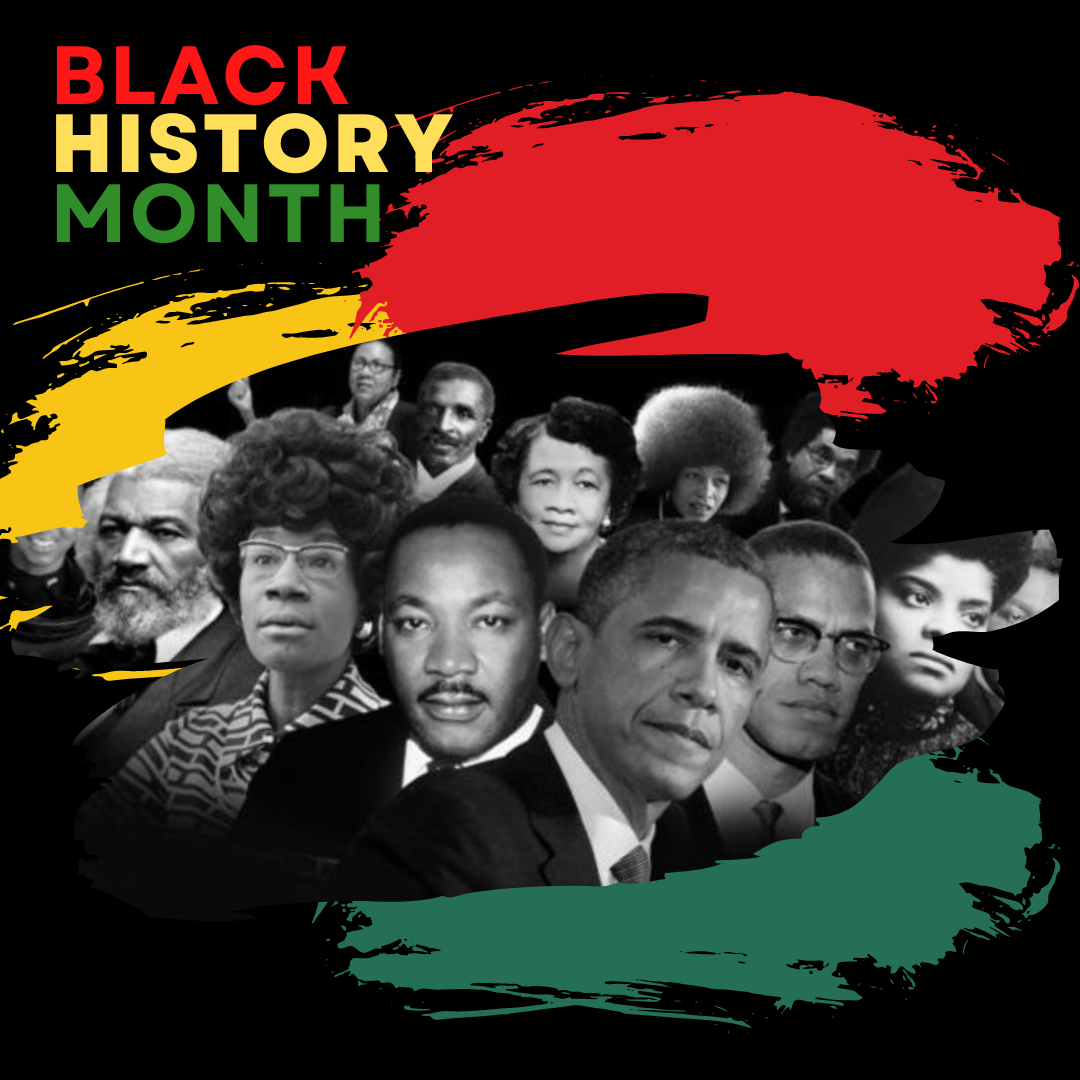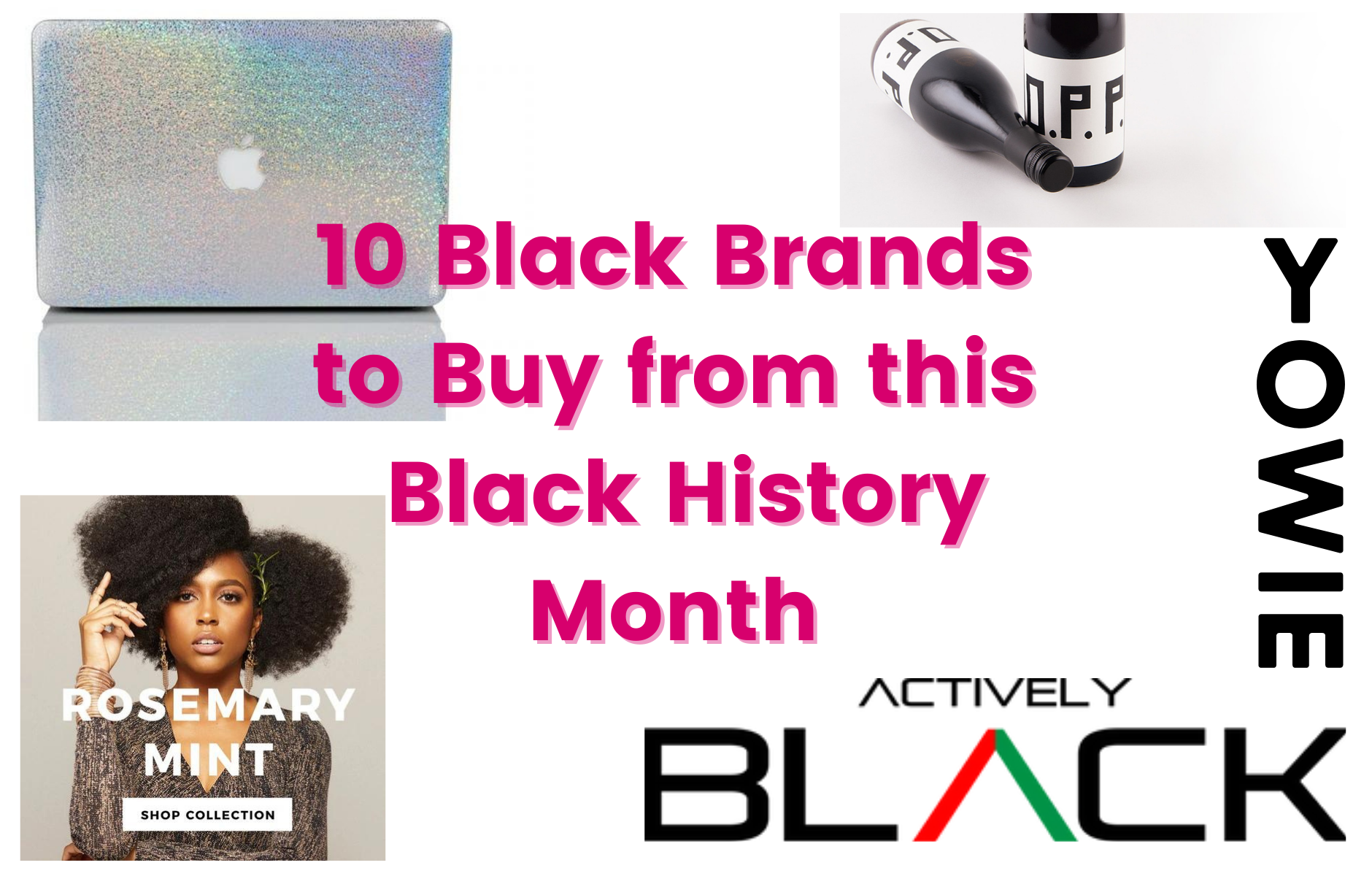Black History – Celebrating Black Excellence
Maya Angelou
In honor of Black History Month, we’re dedicating this post to celebrating Black Excellence by sharing notable stories and showcasing Black achievements.
We’re taking this time to highlight the clear adversity Black people suffer daily. We want to create a space where it is impossible to deny Black people’s incredible contributions to a world where some are still struggling to teach themselves to value Black lives.
First, we celebrate Dr. Maya Angelou, one of the most prolific writers and activists. She was an author, poet, historian, songwriter, playwright, dancer, stage and screen producer, director, performer, singer, civil rights activist, and an inspiration to so many.
Shirley Graham Du Bois
Throughout history, Black women have played a pivotal role in the Civil Rights Movement, but often would receive less recognition for their dedicated participation. From the movement’s inception, Black women were at the forefront organizing communities, church congregations, and Civil Rights organizations.
Lola Shirley Graham was crucial to the movement. At a young age, she was taught to stand up to injustice. One of her most meaningful memories of her father was when he stood with a loaded gun and a Bible, preparing, along with 21 armed men, to defend his congregation from an angry white mob.
No mob arrived, but young Shirley always remembered his devotion to protecting his community and using his voice to defend the rights of Black people. This sense of responsibility to uplift the Black community was passed on to Shirley and became her life’s defining feature, earning her the title “Race Woman.”
Daisy Bates
A lesser-known fact about the March on Washington is that there were two lines of civil rights leaders marching on separate streets on Aug. 28, 1963: one for male civil rights leaders and one for their female counterparts.
Civil rights leaders like Rosa Parks and Dorothy Height walked down Independence Avenue, while the men walked down Pennsylvania with the press. Although both male and female activists campaigned for civil rights, women typically didn’t receive as much credit for their contributions. Women often took background roles, such as preparing food and training young activists, but they also strategized the campaigns.
Before the March on Washington, the leading men of the movement invited some female celebrities and activists like Height to stand with them before the Lincoln Memorial. Marian Anderson and Mahalia Jackson were scheduled to sing, but there were no female speakers. Despite their contributions leading up to the march, none of them were invited to speak at length.
Eventually, Myrlie Evers, widow of assassinated NAACP field secretary Medgar Evers, was invited to address the crowd, but she couldn’t make it. Instead, Daisy Bates had the microphone handed to her so she could briefly recognize female activists.
Bates’ speech lasted only 148 words making her the only woman to formally address the crowd during the official program.

